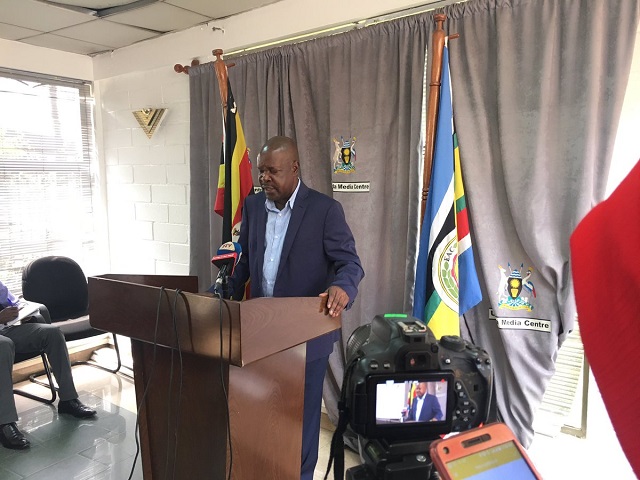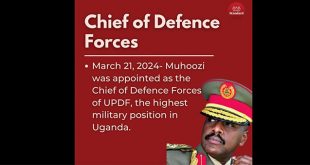
Kampala, Uganda | THE INDEPENDENT | The new national teachers policy has been received with mixed feelings amongst teachers. According to the teachers that Uganda Radio Network spoke to, the policy is a Godsend intervention but somewhat unrealistic. A cross-section thinks that the policy is a money-making ploy by a few individuals in the government.
The policy, which was approved by the cabinet last week is supposed to streamline teacher management, standardize teacher qualifications and to improve the quality of education. It is expected to control moonlighting and curb absenteeism, especially within government schools.
Under the Policy, developed by the Ministry of Education and the United Nations Educational, Scientific and Cultural Organization –UNESCO in 201, all Primary and Secondary school teachers will be mandated to register annually in order to show proof of continuous career Professional Development.
But the need for an annual license has sparked outrage among the teachers. Jane Kibirige, a Literature and English teacher at Mulago Secondary School says that some of the areas addressed in the policy are unattainable.
“I wonder what kind of professional development I would need annually to teach English. I have taught English and Literature for ten years now, apart from reading new material what else can I learn in a seminar or workshop or class that I need to take every year,” She questioned.
Edward Kanoonya, the head teacher of Kololo Secondary School says that although the policy is good, it still needs to be understood. He says that although some of the proposals sound good, there is blunt uncertainty around their implementation.
“Some of the things being proposed in it sound nice but methods of implementing them might leave most of them unattainable,” Kanoonya said in an interview with Uganda Radio Network.
Retired educationist Prof Mathew Odada says that while the policy is good in theory, a number of issues affecting the education sector remain baffling. He says that annual licensing of teachers should not be an issue since the ministry employs teachers adding that some of the policies are money-making gimmicks.
Prof Odada adds that the policy should address problems instead of duplicating services that already exist. “We have had a teacher institute before. Why then should we spend more money building a new institute?. Why can’t we use that money for something else like making sure all school shave the required materials like desks and teachers.”
Richard Odongo, a teacher at East Kololo Primary School says that the policy does not address remuneration which is a very important factor when it comes to education.
“Teachers are motivated by salary. But this policy does not mention how salary enhancements will be met or how the government plans to pay gratuity owed to some retired teachers. How can you expect a teacher to go back to the school annually if they want to get a license and leave out the means by which they can afford this?”
Other teachers that URN spoke to said the policy had delayed. Silver Baguma, the General Secretary of the Uganda National Teachers Union –UNATU says the policy’s main aim to make sure that teachers are qualified enough to teach pupils. He explains the policy will make sure that teachers are up to date with curriculum changes.
David Ssengendo, the head teacher of Buganda Road Primary School and also the Chairman of the National Head Teachers Association says teachers should read the policy, understand it and embrace it before they cast it away.
Ssengendo says the policy is aimed at addressing challenges that teachers currently face. He says the policy is for teachers.
The key priorities of the policy are the creation of a National Teachers Council by an act of parliament and the establishment of a National Institute of Teacher Education. According to the Education Ministry, a total of Shs 20 billion will be needed to set the policy in motion.
*****
URN
 The Independent Uganda: You get the Truth we Pay the Price
The Independent Uganda: You get the Truth we Pay the Price



such policies shouldn’t be planned in a short run like that.